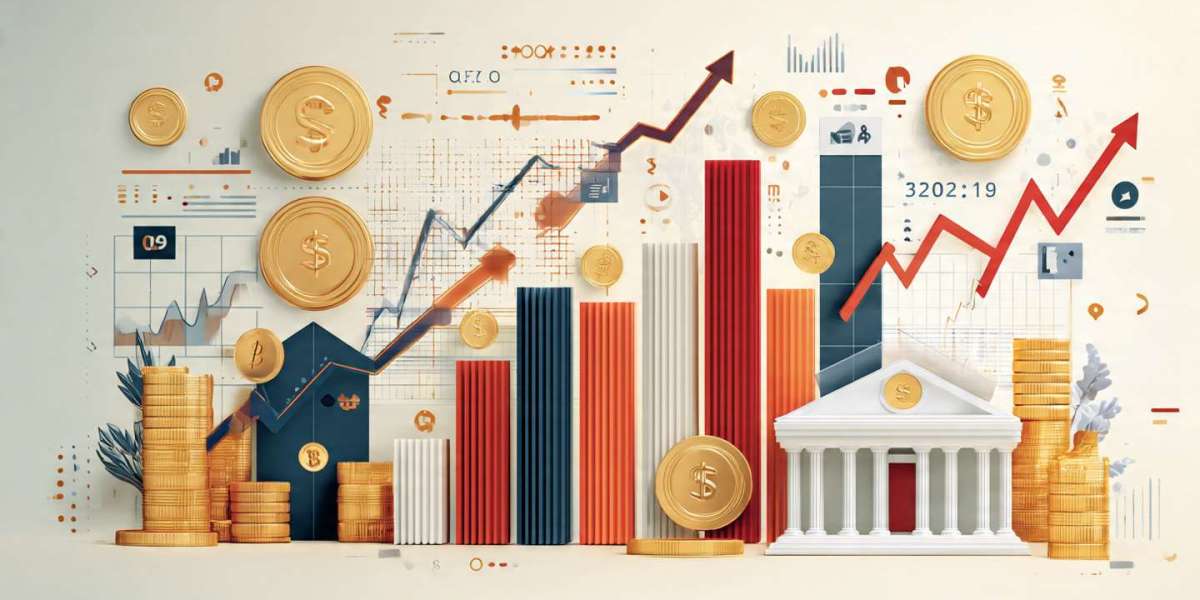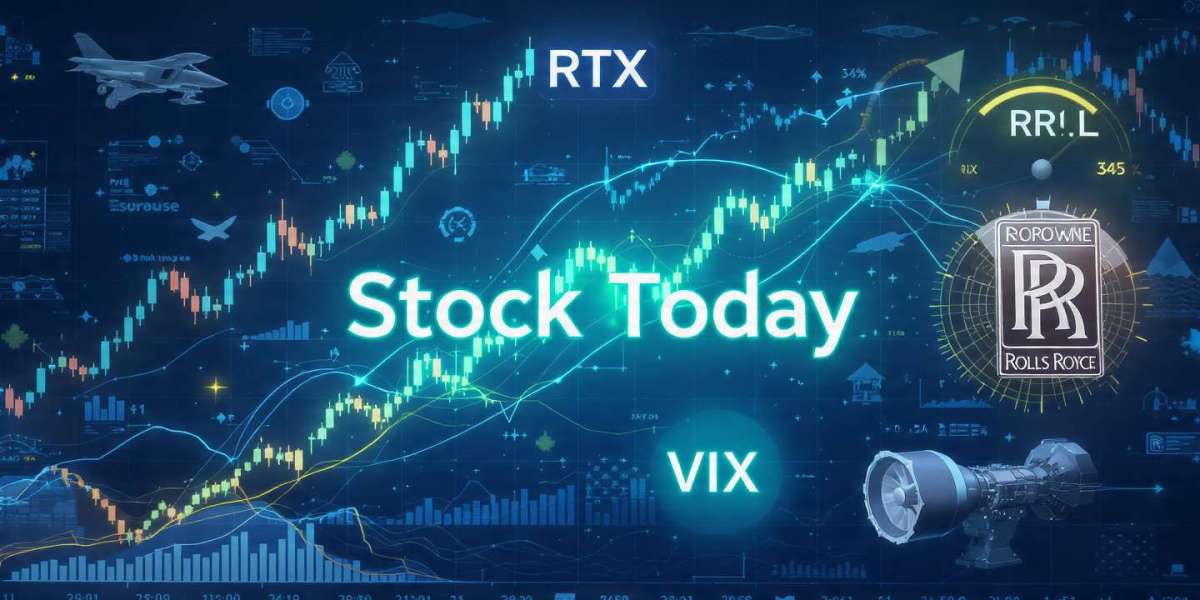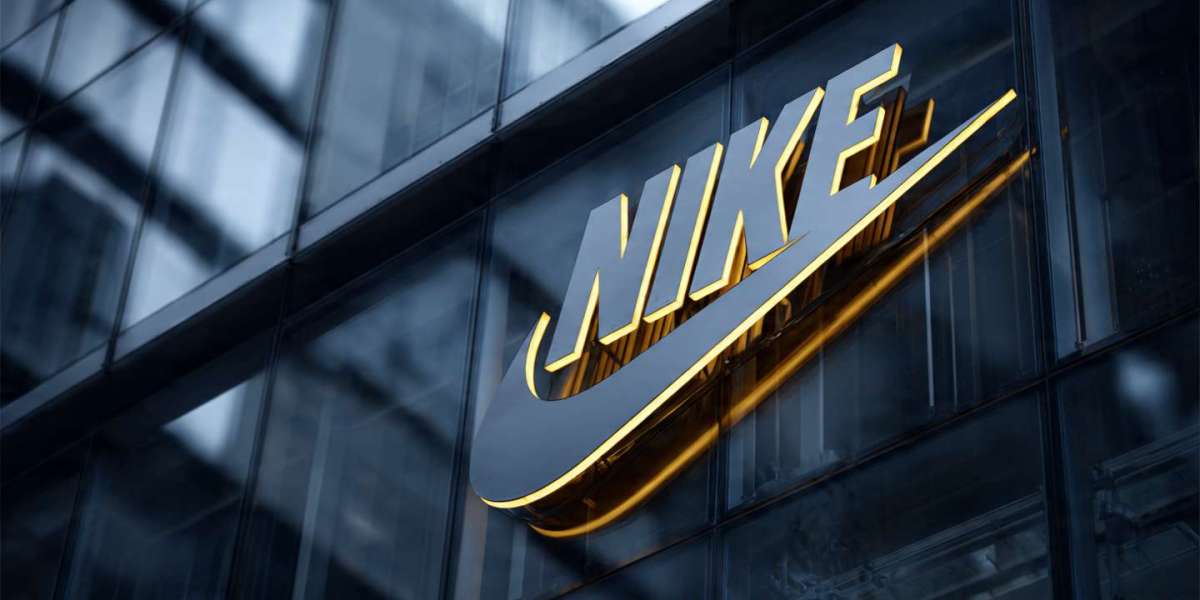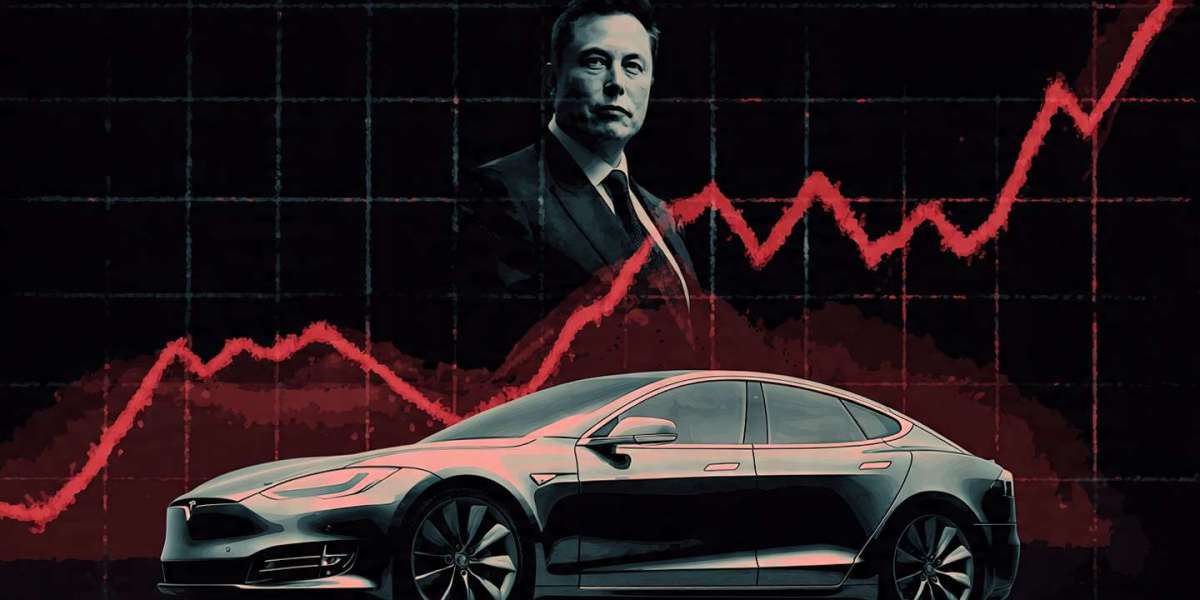article image source: freepik.com (link)
advertisement
Financial headlines this month paint a picture of rapid change across markets, payment systems, and government policy. From a historic credit card settlement that could reshape how Americans pay at the register, to major movements in cryptocurrency investment flows, to persistent rumors about stimulus checks that simply do not exist—2025 is proving to be a pivotal year for consumer finance.
This article brings together the latest developments to help readers understand what’s happening, why it matters, and how these changes may affect everyday financial decisions.
Visa–Mastercard Settlement: A Turning Point in How You Pay
A newly announced settlement between merchants and credit card giants Visa and Mastercard marks the latest resolution in a 20-year battle over swipe fees—charges levied each time a customer pays with plastic.
Historically, retailers were forced to honor all cards from a network, regardless of fee levels. Under the proposed settlement, that rule gets a major overhaul. Merchants would be allowed to accept or reject specific tiers of cards—commercial, premium rewards, and basic no-rewards—based on the fees they impose. They could also add surcharges of up to 3% depending on the card used.
While this sounds like a seismic shift, experts say consumers may not feel immediate effects. Nearly 90% of all credit card spending involves rewards cards—making it unlikely that merchants will suddenly reject them. However, over time, this flexibility could lead to more surcharges at checkout and potentially fewer perks as banks adjust to capped fees and reduced revenues.
Industry analysts warn that the settlement could eventually slow the expansion of lucrative rewards programs. Some merchants may raise prices to offset card-acceptance costs, meaning even cash-paying customers could indirectly shoulder expenses tied to premium rewards cards.
Although nothing changes overnight—the settlement still needs court approval—the stage is set for a more fragmented, fee-sensitive credit card environment.
Crypto Investment Turbulence: A Massive Outflow Hits Bitcoin ETFs
Traditional financial systems aren’t the only ones facing turbulence. Spot Bitcoin ETFs posted $869.9 million in outflows on November 13, marking the second-largest withdrawal since launch. Grayscale funds saw the steepest declines, while total crypto ETF assets slipped back below $60 billion.
Analysts attribute the exodus to shifting investor sentiment driven by macroeconomic uncertainty. Many are rotating toward safer assets, particularly as Bitcoin dipped below $100,000 in the same period.
Ethereum-based ETFs also saw heavy redemptions, though one bright spot emerged: Solana ETFs bucked the trend, posting modest inflows and continuing a streak of strong demand since launch.
A surprise newcomer also entered the market—an XRP spot ETF that debuted on Nasdaq with an impressive $58 million in first-day trading volume, far exceeding expectations. While net inflow data is pending, some experts believe XRP funds could rival or surpass Solana ETFs thanks to the token’s liquidity and global utility.
Together, these swings highlight the increasingly complex relationship between digital assets, investor psychology, and broader economic pressures.
IRS Stimulus Rumors: What’s Real, What’s Not, and What to Watch
As financial markets fluctuate, misinformation about government payments has surged online. Despite viral posts claiming new IRS direct deposits or $2,000 “tariff dividend” checks coming this November, no federal stimulus payments are authorized for 2025.
The last legitimate federal stimulus payouts were back payments for 2021 tax credits, processed in late 2024 and early 2025. Anyone who missed the April 2025 filing deadline is no longer eligible.
Meanwhile, the widely discussed “tariff dividend” proposed by President Donald Trump remains exactly that—a proposal. No legislation has been passed, no rollout plan exists, and the IRS is not preparing deposits.
Adding to confusion, some online claims reference legitimate Canadian GST/HST credits, which are real but apply only to Canadian residents.
The IRS continues to warn consumers about scams involving fake emails, texts, and social media messages. As always, the agency emphasizes that all official communications begin with physical mail—never unsolicited digital contact.
Conclusion: A Financial System in Transition—And What Consumers Can Do
Across traditional banking, the crypto sector, and government policy, 2025 stands out as a year defined by transition. Credit card rules are being rewritten after two decades of legal battles. Cryptocurrency markets are entering a more mature—but more volatile—phase as institutional products face investor scrutiny. And while rumors of stimulus checks swirl across social media, the reality underscores the need for trustworthy information and consumer vigilance.
For individuals, the path forward means staying informed, reading financial signals carefully, and preparing for a more dynamic marketplace. As swipe fees, investment flows, and policy proposals evolve, the most powerful tools consumers can rely on are clarity, caution, and a commitment to financial literacy.
In a world of rapid economic change, understanding the forces at play equips us not only to navigate uncertainty but to seize opportunity with confidence and foresight.
Sources
CNBC – What the Visa, Mastercard legal settlement means for your rewards credit card
ForkLog – Spot bitcoin ETFs post $870m in second-biggest outflow
AZAT TV – IRS Direct Deposit: November 2025 Stimulus Payment Rumors, Tariff Dividend Facts
Thank you !




































































































